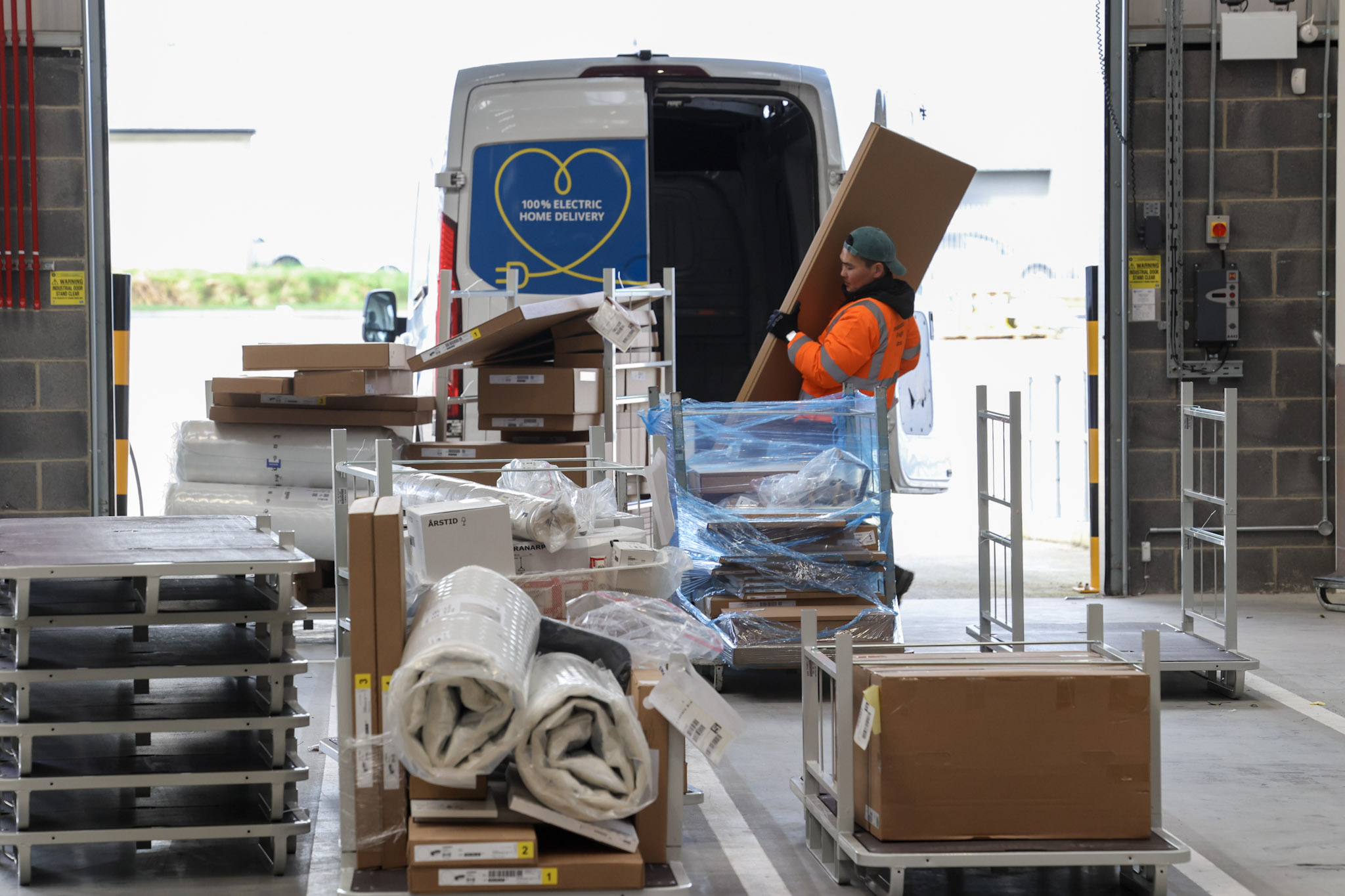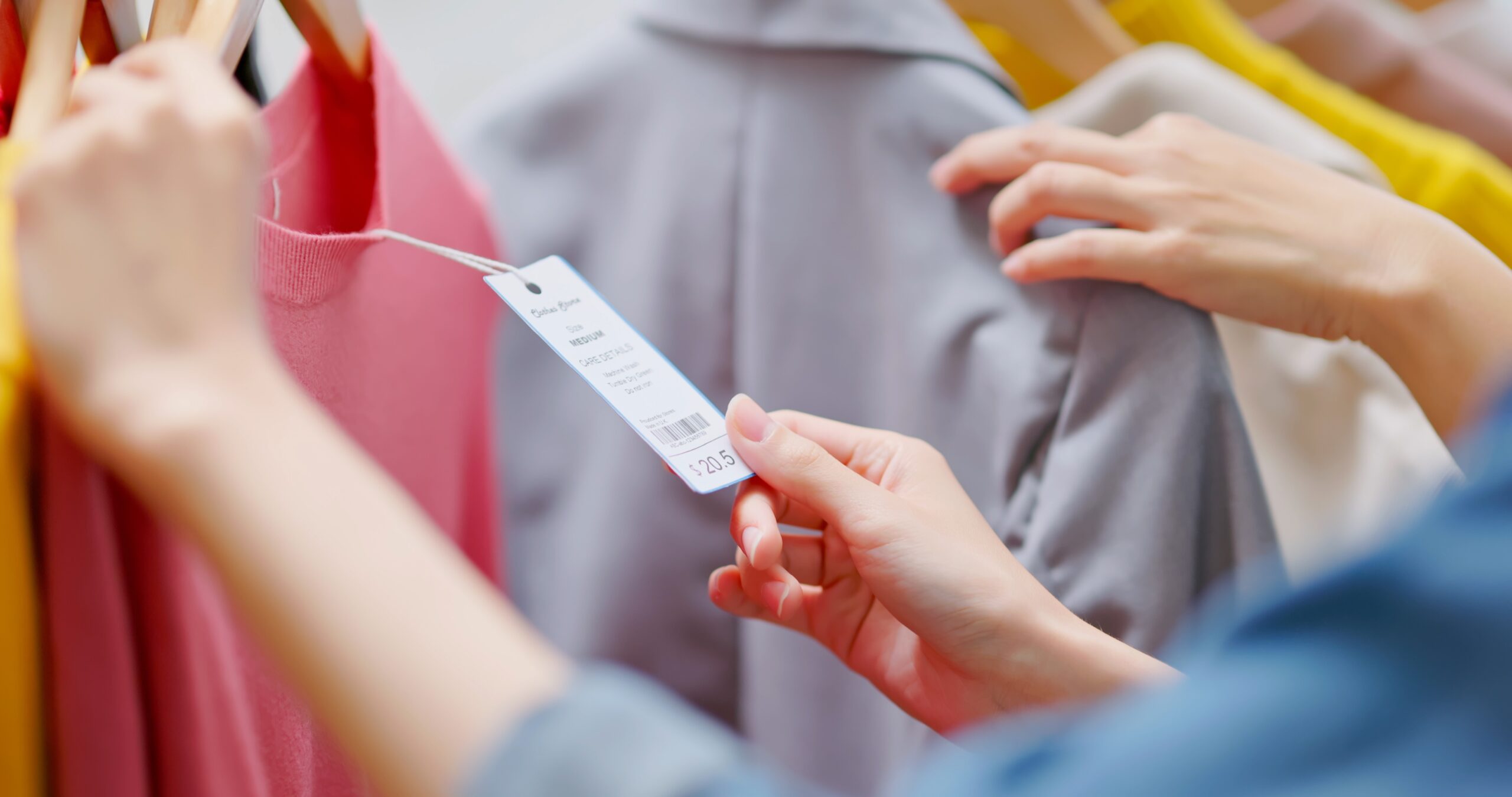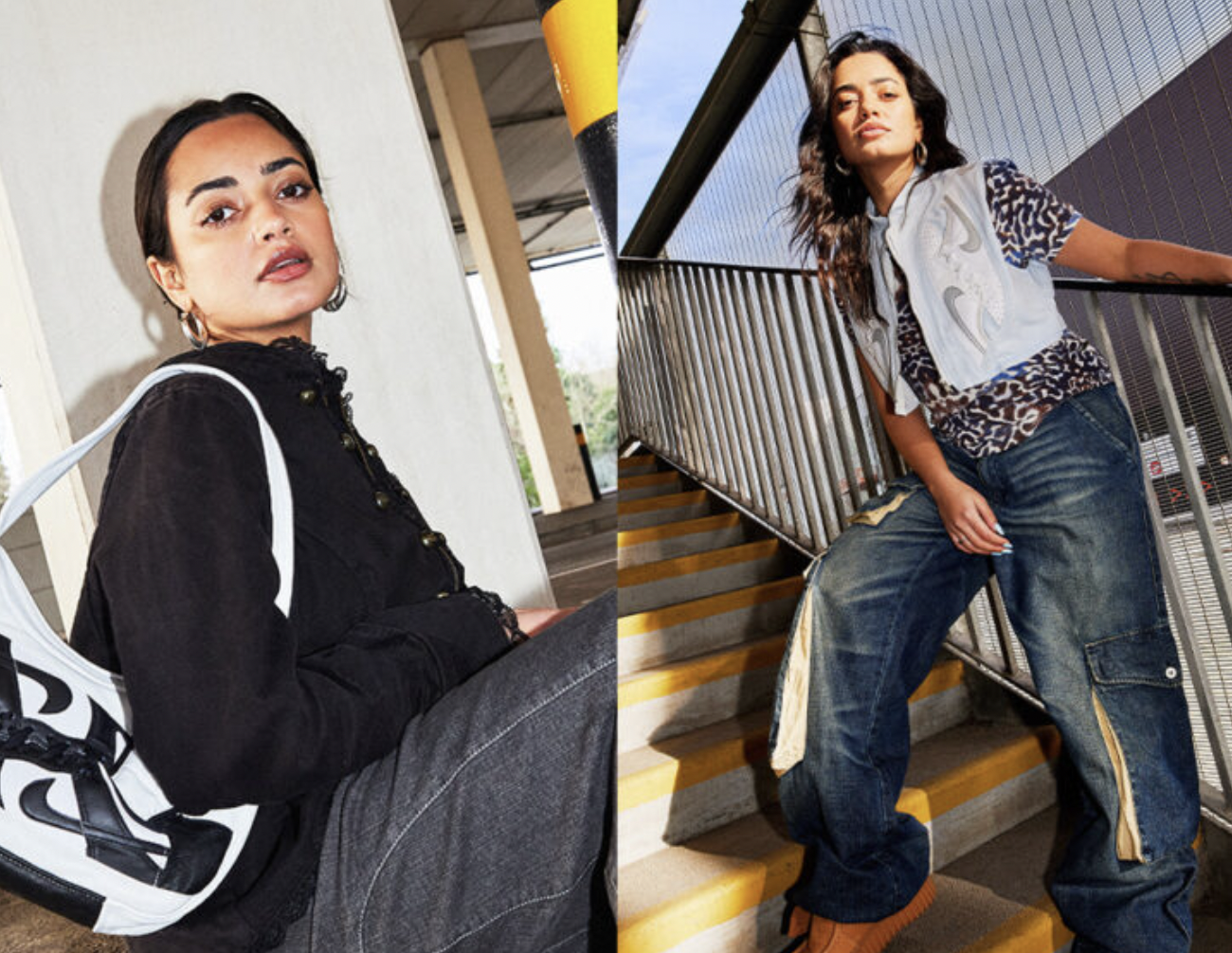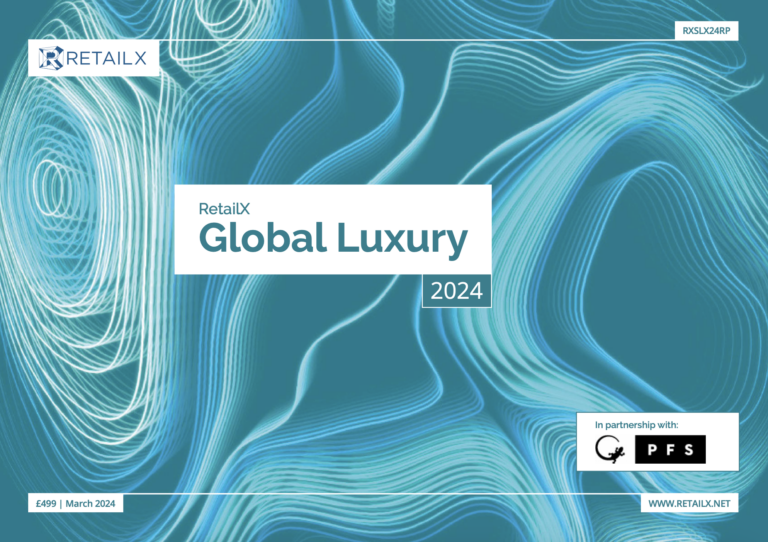Mobile is about to surpass desktop as the global path to e-commerce, with the UK and Japan leading the way.
So finds the performance marketing technology company Criteo in its H1 2016 State of Mobile Commerce Report, which reveals insights into consumer shopping habits and forecasts predictions for mobile commerce across the globe.
“Mobile commerce has reached a turning point and is surpassing desktop purchasing as retailers continue to evolve their mobile shopping platforms,” says Elie Kanaan, EVP, Marketing, Criteo. “Retailers need to create a truly seamless mobile and cross-device experience and be prepared to engage with users no matter where they are along the path to purchase. Brands that master the mobile trend will have a head start on competitors and the momentum to lead the pack through the shopping seasons ahead.”
Criteo’s research shows brands can no longer ignore mobile platforms as a primary means to drive e-commerce sales. While technology enhancements have facilitated shopping on mobile, marketers are challenged with targeting consumers across every environment along the path to purchase. Retailers must employ both strong app and mobile web presences together with mobile targeting strategies to engage with shoppers wherever and whenever they browse and purchase to boost revenue.
According to the report, the number of shoppers going online – be that via desk top or mobile – to both browse and purchase products continues to grow with a higher rate of transactions captured on mobile devices than via traditional purchase paths.
Retailers that have optimised their mobile shopping experience accordingly – both in-app and on mobile web – are pulling away from their competitors and continue to see strong traction from consumers.
Interestingly, Japan and the UK have surpassed parity with desktop and now sell more on mobile devices. The biggest year-over-year increases in mobile’s share of retail transactions were seen in Brazil, Australia and France.
Mobile conversion rates are highest in Japan, the UK and South Korea.
Countries with the highest percentage of mobile-friendly sites – including South Korea, Australia and Japan – also saw the greatest share of mobile transactions.
Smartphone-Focused Shoppers
The smartphone continues to expand its prominence as the go-to shopping device, especially as features like fingerprint recognition make transactions effortless, while tablet purchasing steadily declines. As more retailers design mobile-friendly sites, mobile transactions are steadily increasing.
All retailers should ensure they have a mobile-centric marketing strategy that embraces in-app and mobile web to meet their smartphone-focused audiences.
For the first time ever, smartphones delivered the majority of mobile transactions in every major global market. The top markets ranked by mobile’s share of retail transactions, and the countries with the highest percentage of mobile-friendly sites — Japan, the UK and South Korea — also saw the highest conversion rates.
Sophisticated Apps Drive High Spending
Top retailers are building savvy, intuitive and useful shopping apps that give consumers a seamless way to shop on mobile devices. Capabilities like home screen presence, instant loading, offline content, push notifications, personalization and access to native functionality make the mobile shopping experience richer and more immersive for consumers.
Brands that can deliver this feature-rich environment and create a unified, consistent and relevant experience for shoppers regardless of device will succeed in driving retention and conversion rates.
Retailers with a sophisticated mobile app presence saw up to 54% of their mobile transactions generated in-app in Q2 2016, an increase from 47% in 2015.
Apps close far more deals than other online shopping channels and convert three times more shoppers than mobile web.
For the first time, mobile apps saw higher order values than desktop and mobile web, with an average of $127 spent in-app versus $100 on desktop and $91 on mobile web.
Leaders in mobile app maturity drive 90% more conversions than emerging retailers.









